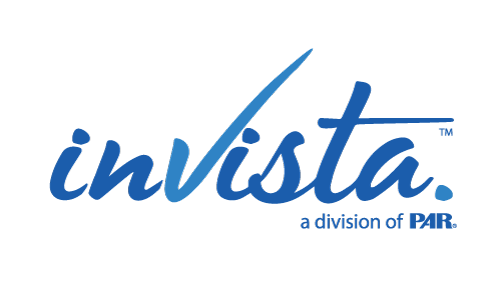Every job requires its own set of skills that are necessary for success. But just because a candidate has the right technical skill set doesn’t mean they will perform successfully in a given role. There’s more to success than being able to complete the required tasks—skills that are harder to quantify, like being a good coworker or simply lending a hand when it’s needed, also matter. Today, we’re going to break down the two different types of performance to look for in job candidates so you can find employees who are more likely to be engaged and thrive.
Task performance refers to the actual technical requirements necessary to do a job. Whether it’s a data entry worker whose job requires the ability to sit at a desk and type without errors, a warehouse employee who must be able to lift heavy objects, or a customer service associate who needs to answer calls and solve problems in a personable and customer-focused way, task performance refers to the knowledge, skills, and abilities one must possess to complete the job at hand. Essentially, can this individual complete the basic responsibilities required to fulfill the assignment?
Although task performance is incredibly important to fulfill the basic requirements for the position, it doesn’t give you the complete picture of what it will be like to work with this person. Here’s where contextual performance comes into play. Contextual performance refers to behaviors that are not necessarily related to technical job tasks but have an impact on coworkers, the team, and the greater organization. These skills—being a team player, engaging with coworkers, mentoring new staff, and being willing to pitch in to get the job done—are just as important to assess when looking at a job candidate. Although someone may have all the task skills needed to complete a job, their technical strengths may be overshadowed if they don’t have contextual performance skills.
InVista uses the power of science to help you find candidates who will fit on a contextual level, so you can confidently determine whether they have the ability to fit in with your team, mesh with the culture of your organization, adapt to their new position, and thrive. Learn more about InVista’s predictive hiring tools.


Recent Comments